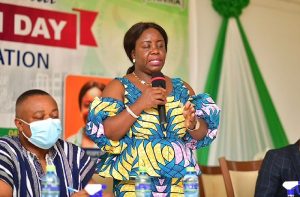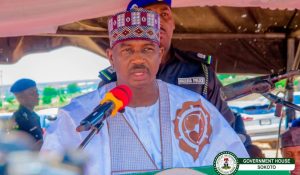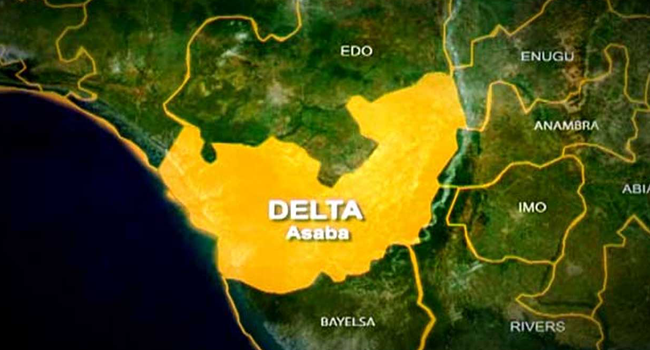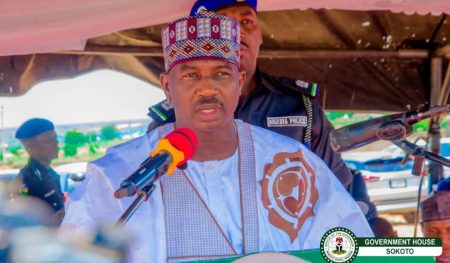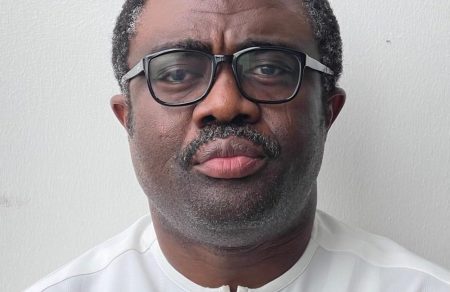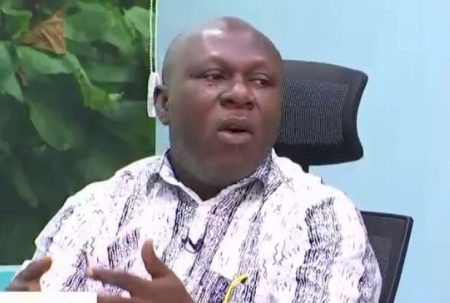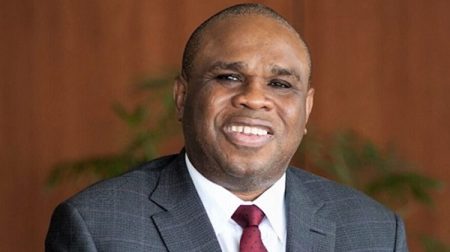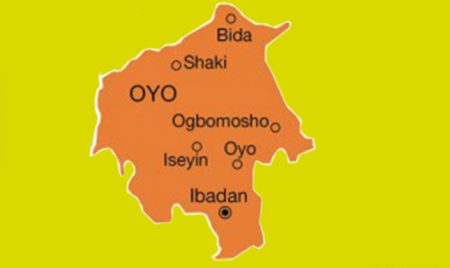The Isoko Political Youth Leaders of Thought, a Niger Delta youth group, has issued a stern warning about the potential for ethnic conflict in Delta State stemming from the Independent National Electoral Commission’s (INEC) ongoing ward delineation exercise in the Warri area. This exercise, intended to redraw electoral boundaries, has instead ignited tensions among the Itsekiri, Ijaw, and Urhobo ethnic groups, the predominant populations in the Warri metropolis, leading to protests and disruptions of oil facilities over the past two months. The group contends that the delineation process is being manipulated to unfairly advantage one ethnic group over the others, specifically in anticipation of the 2031 gubernatorial elections when the governorship is expected to rotate back to the Delta South Senatorial District.
The group’s primary concern centers on the perceived marginalization of the Itsekiri population through this redrawing of electoral boundaries. They argue that the delineation exercise, if allowed to continue unchecked, will diminish Itsekiri political influence and disrupt the existing balance of power among the three major ethnic groups in the Delta South Senatorial District. This delicate balance, they emphasize, has been crucial for maintaining peace and stability in the volatile Niger Delta region. The Isoko youth leaders view the current situation as a deliberate attempt to weaken the Itsekiri political bloc, thereby isolating them in future decision-making processes that affect the region. This, they believe, could have far-reaching consequences, potentially escalating into widespread ethnic unrest and threatening the fragile peace in the oil-rich region.
Beyond the immediate impact on the Itsekiri, the Isoko youth leaders also expressed concern about the long-term implications for their own community. They argue that the perceived manipulation of the ward delineation process jeopardizes their own political aspirations, particularly their potential to produce a future governor. The group perceives this exercise as a calculated strategy of political conquest, designed to shift the balance of power and ultimately disadvantage both the Itsekiri and Isoko communities. This, they fear, could create an uneven playing field and undermine the principle of equitable representation in the region’s political landscape.
The Isoko Political Youth Leaders of Thought have called for immediate intervention from the highest levels of government. They have urged President Bola Tinubu and the National Security Adviser to closely monitor the unfolding situation in Delta South and take decisive action to prevent the eruption of ethnic violence. Their specific demand is the immediate suspension of the INEC ward delineation exercise in the Warri area. They argue that this suspension is necessary to de-escalate tensions, restore trust among the affected communities, and prevent the situation from spiraling into uncontrollable conflict. They believe that only through a fair and transparent process can the long-term stability and peaceful coexistence of the various ethnic groups in the region be guaranteed.
The group’s appeal highlights the complex interplay of ethnic politics and resource control in the Niger Delta. The region’s vast oil wealth has historically fueled competition and tensions among different ethnic groups, each vying for a greater share of the resources and political influence. The ward delineation exercise, in this context, becomes a highly sensitive issue, with the potential to exacerbate existing fault lines and ignite conflict. The Isoko youth leaders’ warning serves as a stark reminder of the fragile peace in the region and the urgent need for proactive measures to prevent further escalation of tensions.
The situation underscores the vital role of INEC in ensuring free and fair elections in Nigeria. The allegations of manipulation of the ward delineation exercise raise concerns about the integrity of the electoral process and the commission’s ability to maintain impartiality. The Isoko youth leaders’ call for intervention from President Tinubu and the National Security Adviser also highlights the importance of government oversight and the need for a robust security framework to address potential conflict triggers in the Niger Delta. Ultimately, addressing the underlying grievances and ensuring equitable representation for all ethnic groups will be crucial for achieving lasting peace and stability in the region.



